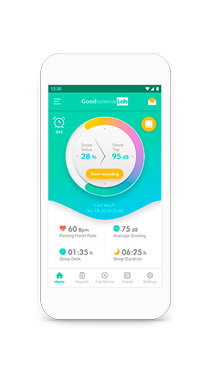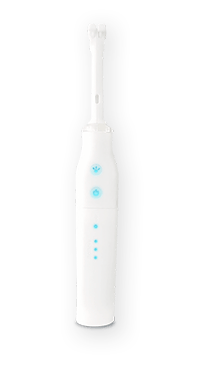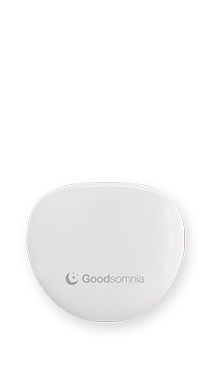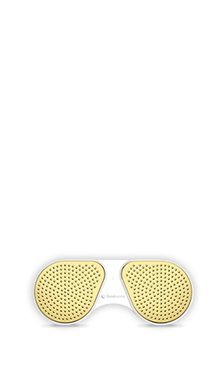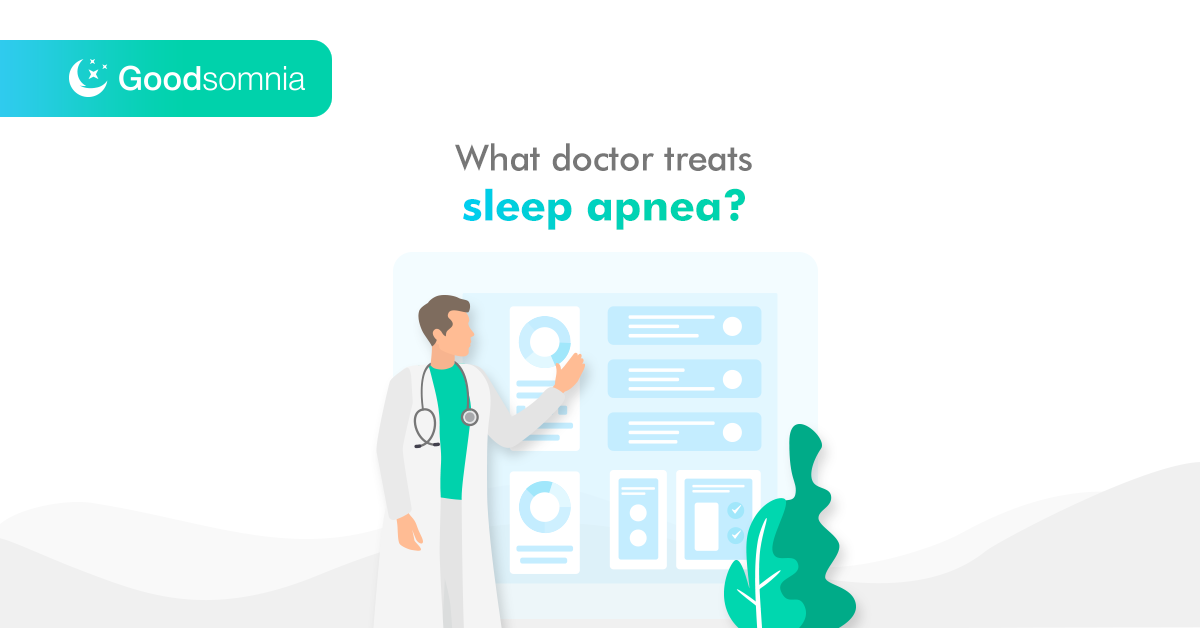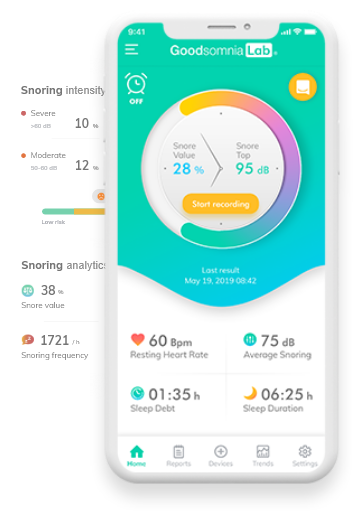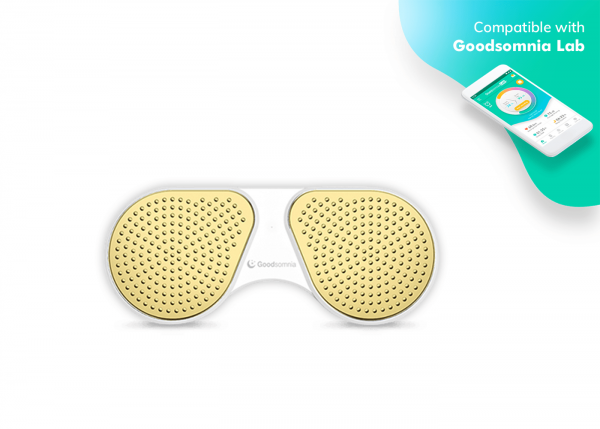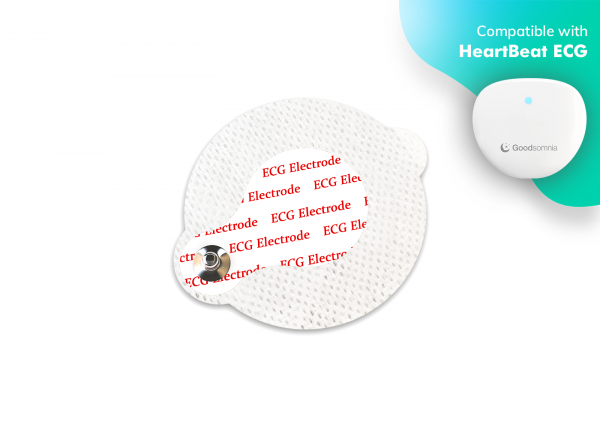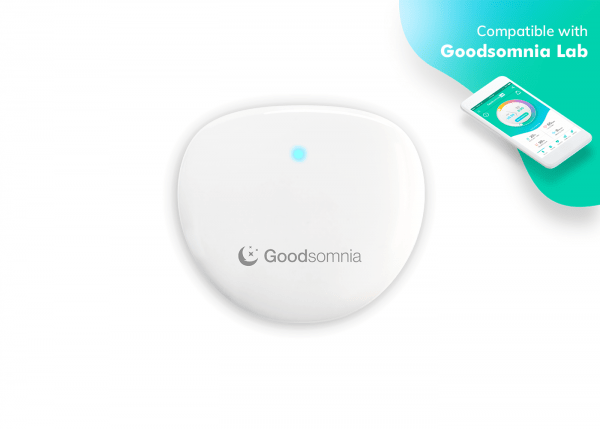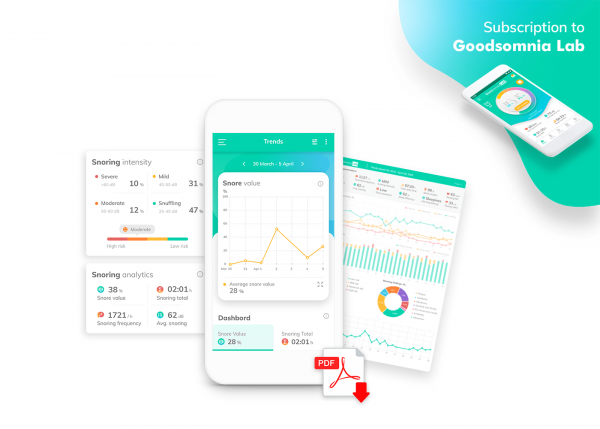What kind of doctor do you see for sleep apnea? Have you ever heard of a sleep apnea doctor? Probably not, but then many people haven’t heard of sleep apnea: a disorder characterized by snoring that occurs as a protective reaction to a breathing blockage during sleep.
Considering this, you might think the best sleep apnea doctors will define this as a respiratory system. However each snoring case is not an alarm signal and not every case of sleep apnea has snoring as its symptom. Firstly, it’s better to exclude the presence of other disorders. To do so, people usually refer to a family doctor (aka, primary care physician). After some primary examination and analyses of your health history, this specialist decides what doctor to see for sleep apnea.
Choosing the best doctor for sleep apnea
You won’t get a specific answer if you ask ”what is the name of a sleep apnea doctor?” It doesn’t mean apnea is untreatable, but everything depends on the cause of the disorder. While choosing a doctor for sleep apnea, consult ENT specialists, pulmonologists, dentists, sleep specialists, and neurologists.
The first two focus on the physiological side of the disease (enlarged glands, relaxed tissues, etc). Dentists help to optimize the size and form of mouthpieces used for treatment. Neurologists treat the brain-related side of apnea. Sleep specialists are the closest answer to the question ”what is a sleep apnea doctor called?”. Such a doctor is the most universal, but not always available in a regular clinic.
Consulting an ENT doctor will help eliminate symptoms of sleep apnea in most cases.
Can an ENT doctor treat sleep apnea?
Once, a diagnosis is ready and the question of ”which doctor to see for sleep apnea?” is closed, it’s time to choose the most suitable therapy.
One of the main reasons to refer to an ENT doctor for sleep apnea is a diversified approach to treatment. A specialist makes several tests to identify the core of the problem. Many doctors apply polysomnography (inpatient monitoring of key body indicators during sleep). Home monitoring (using snore recorder apps) can also contribute to a better understanding of the disorder severity.
Treatment options offered by ENT doctors range from correcting the sleep posture or diet up to surgery. The quicker you start treatment, the faster the result.
Hopefully, this article has helped you to understand what doctor treats sleep apnea. For more information about preparations for the ENT appointment, follow this link. Take care of your sleep!

